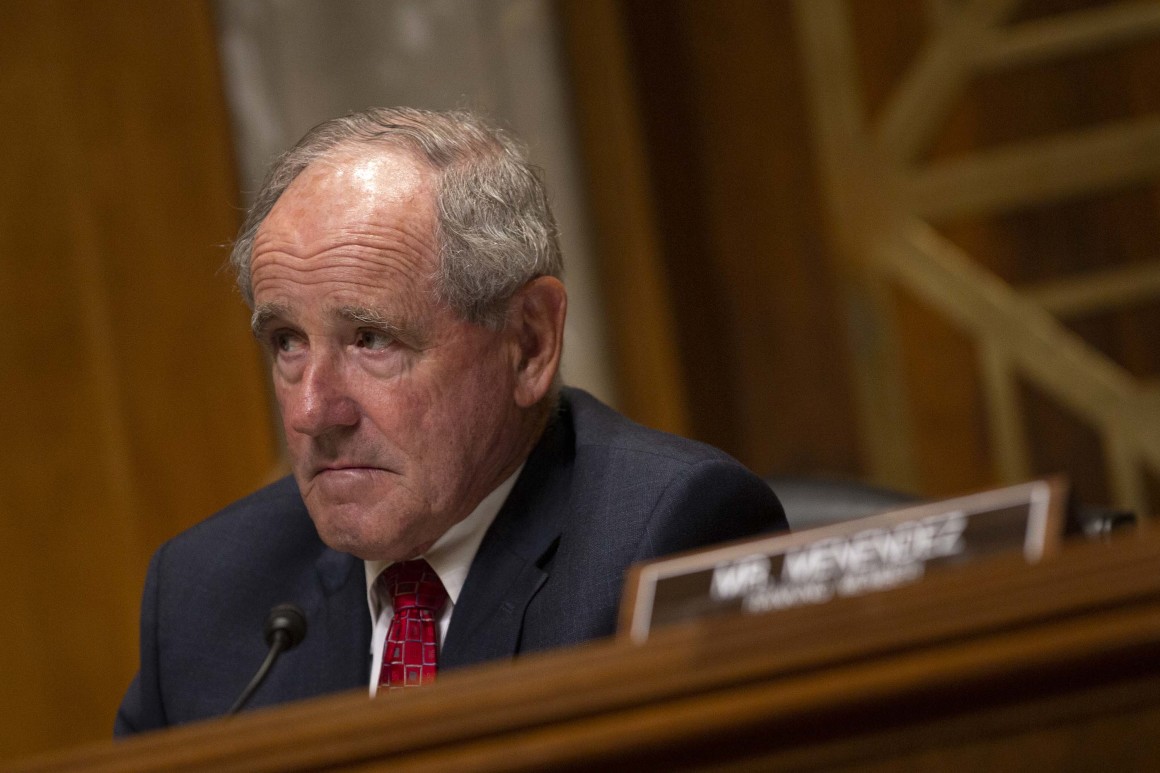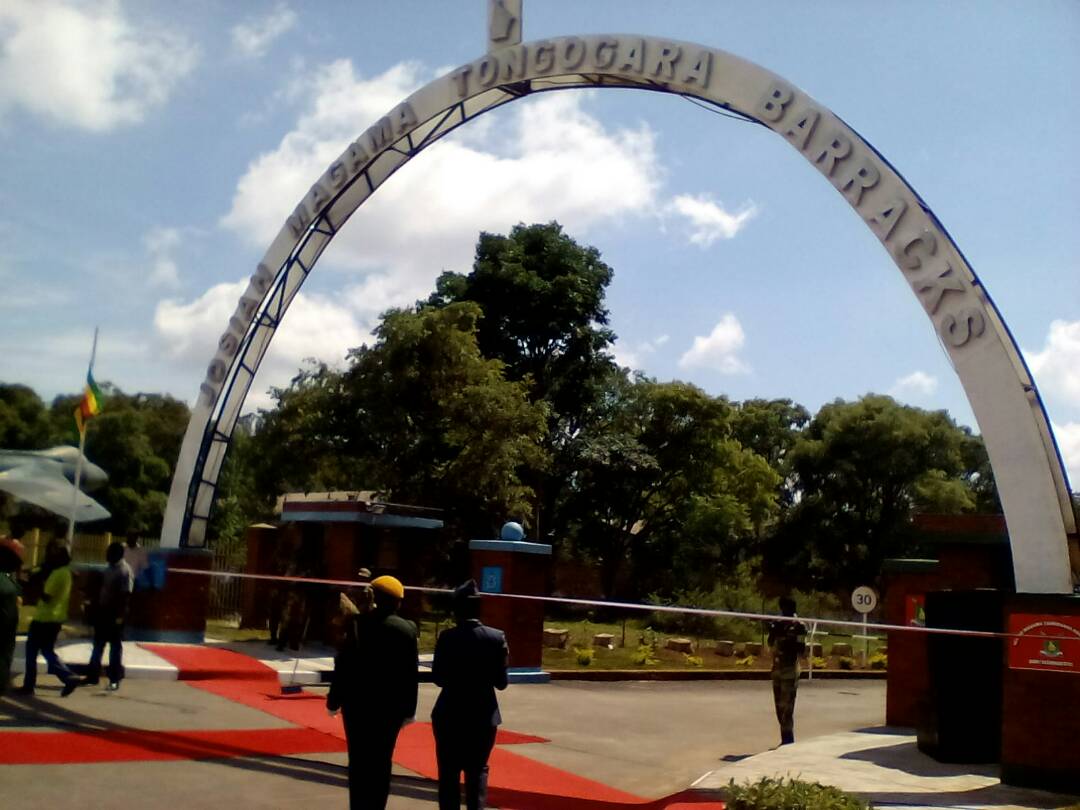WASHINGTON, United States – The United States Senate Foreign Relations Committee has accused President Emmerson Mnangagwa’s regime of trying to deflect blame for the country’s economic crisis by blaming western sanctions.
The committee’s chairman, Senator Jim Risch (R-Idaho) said Mnangagwa’s government which declared a holiday on Friday to march through Harare demanding the lifting of sanctions should instead focus on improving its governance record.
“Responsibility for the current political and economic crisis in Zimbabwe falls solely on the ruling regime that has governed the country for decades. If Zimbabwe’s leaders put as much time, financial resources, and effort into delivering on their long-promised reforms as they have in distorting facts and organising ‘anti-sanctions’ campaigns, Zimbabweans would not continue to suffer under the dire economic and humanitarian conditions they face today,” Risch said on the eve of the sanctions protest, which will culminate in a football match and all-night concert at the National Sports Stadium.
In 2003, the United States began to impose sanctions on select individuals in the Zanu PF regime and entities known to facilitate human rights abuses, undermine the rule of law, and engage in the looting of state resources for personal or political gain.
While the targeted sanctions have been in place, the United States says it has continued to invest in humanitarian and development aid for Zimbabwe, spending more than US$2 billion over the last 10 years.
The government of Zimbabwe has blamed United States sanctions for the country’s political, economic and humanitarian crisis and has coordinated anti-sanctions protests across the country for October 25, including bussing university students and school children to participate in the event.
“The United States does not sanction people without just cause – sanctions are a response to malign activity,” said Senator Risch.
“The United States is an enduring partner and friend to the Zimbabwean people, which is reflected in our decades-long support to the country’s humanitarian and development needs. Zimbabwe’s leaders, starting with President Mnangagwa, continue to have a clear path towards strengthening the United States-Zimbabwe bilateral relationship through reforms outlined in the Zimbabwe Democracy and Economic Recovery Act.
“The ruling party should focus on the needs of the Zimbabwean people instead of their bad governance, corruption, and state capture.”
Zimbabwe’s push against sanctions is being backed by regional countries, but Risch said the energy was misdirected.
“Regional institutions should also focus their energies on supporting democracy, not kleptocratic regimes,” he said in an apparent reference to the Sothern African Development Community (SADC).
















